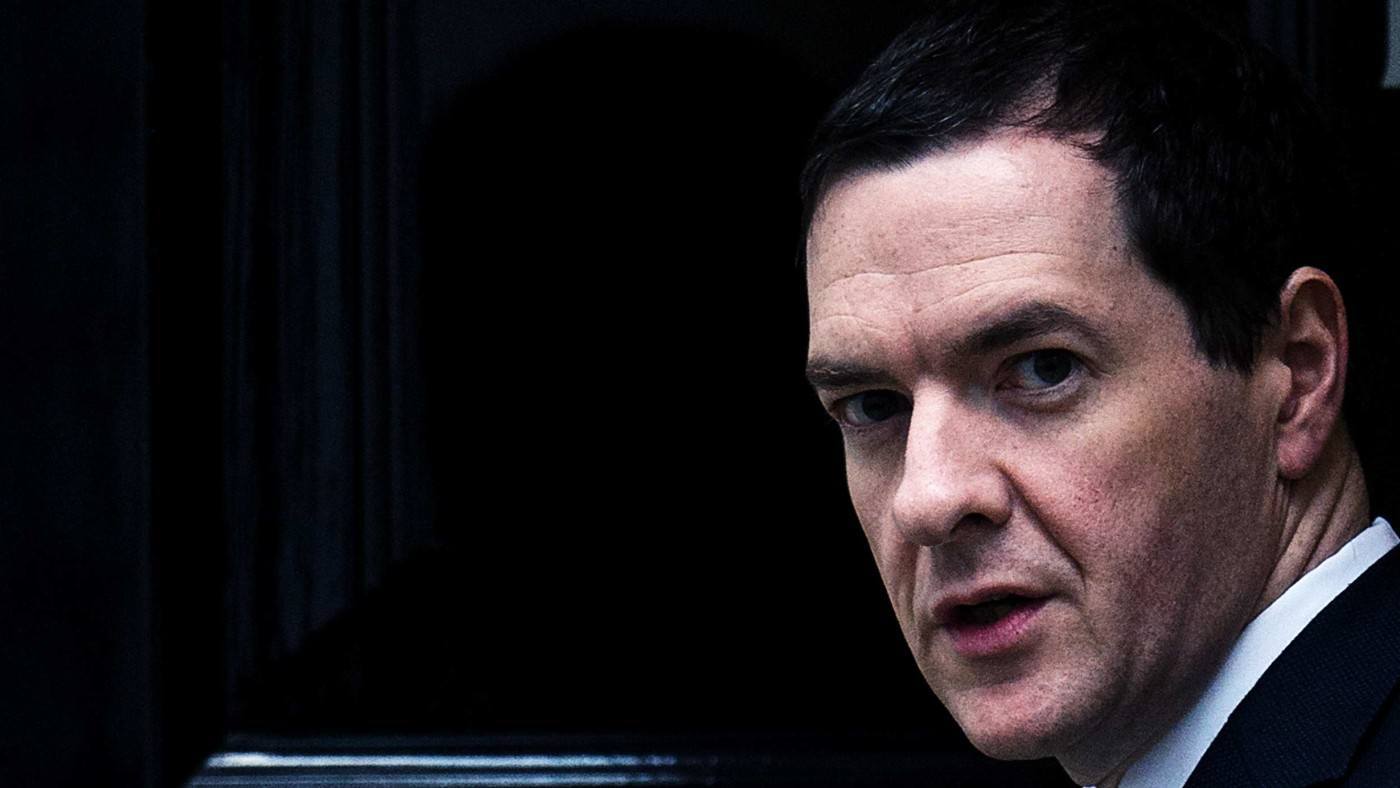George Osborne is a remarkable politician. For all his privilege, he is not a show pony or a natural in the limelight. In that sense he is self-made, which makes his considerable success in the Commons all the more noteworthy and admirable. Through patient work, practice, calculation and clever use of patronage he has turned himself into a big figure. In doing so he has adopted a rather austere public persona that is not at all in keeping with his good humoured approach away from the cameras. He is clearly good to work for, or his high quality advisers and ex-advisers wouldn’t be as loyal as they are.
But we all have flaws, and Osborne’s may be that too much of it – the tactics, the Westminster interplay and media positioning – is about “the game”, meaning the ultra-pragmatic game of power. There is a long Tory tradition of this, of course, although that does not make it commendable.
Osborne allies will look at you as though you come from Mars if you gently challenge their assumptions. “You don’t go around voting against this Chancellor if you want to have a career in the Conservative party,” is how one cabinet minister put it to me when the name of a particularly cheerful rebel came up in conversation. The friend of Osborne seemed perplexed that the MP in question might not be interested in promotion under George. He just likes being an MP, one of my dinner companions explained. Equally baffling seemed the idea that there will be life after Osborne and Cameron. Yet there will be. The sun will still rise. And when it does, in a few years time, it is highly unlikely that anyone will give a stuff what Cameron and Osborne or most cabinet ministers of today – or us journalists too – think about anything. Rising ministers should be encouraged to remember this and be a bit bolder in making their own way.
The Chancellor is also going through what is starting to look like a sticky patch. He knows his history and will be aware that it is semi-standard procedure for Tory administrations in the modern age to be involved in an economic smash after an election win. It applied in 1970 (spectacularly, thanks to Tony Barber and Ted Heath). It applied in 1979, as oil sent the pound rocketing, crucifying industry, and high interest rates were applied in an attempt to control inflation. It applied in 1987, with the October crash and a housing boom that then went bang. And it applied in 1992, with the ERM debacle. Osborne will be extremely lucky to get from here to 2018-19 without some manner of economic emergency or downturn, even if it is moderate and not long-lasting. That’s life.
In addition, Osborne merits intense scrutiny because he is seen by many as the front-runner to be the next Tory leader. Mistakes are magnified and discussed in a way that would simply not apply with a lesser figure. And two of his latest scrapes illustrate that he has placed a little too much emphasis on presentation. Indeed, in both cases he has reached the outer limits of Planet Spin.
Exhibit A) Whether the Google row merits the outrage or not, too much was made of the “deal” on tax that was struck. It was presented earlier this month by Osborne as a tremendous victory. Away from the excitement of Davos (Osborne is a bit of a sucker for all that global elite stuff) and it seems that there is considerable discontent that the sums involved are so small. Even if the investigations get nowhere, it looks – unfairly or fairly – as though the announcement was public relations piffle.
Exhibit B) The Chancellor has had to postpone the sale of the final 10% of Lloyds that the govt holds on behalf of the taxpayer. This is an entirely sensible decision considering ongoing market turmoil, but Osborne is only being criticised now because he made so much of his plan last Autumn. I see it written that this £2bn is supposedly a massive sell-off, similar to the privatisations of the 1980s, that will create Osborne’s share-owning democracy. That’s utter nonsense. The biggest privatisations of the mid-1980s were vastly bigger. BP was a £7.2bn sale in one go, and that was in 1987. That’s the equivalent of as much as £18bn or more today and they did numerous other very large deals in the hey-day of privatisation. So why make such a media fuss over £2bn now on Lloyds and risk being caught out three months later when you have to cancel? It would be better, surely, to under promise and over deliver.
I return to the point I started with. Osborne is a remarkable and gifted politician. But he’s making unforced mistakes, and I’ll bet you his rival for the leadership Boris Johnson has noticed.


